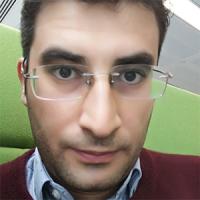
Safe Soil
Researchers and practitioners need tools to quantify more accurately what can be gained from sanitation interventions in settlements with low hygienic conditions. Today most tests for bacteriological contamination look for the presence of E. coli, which doesn’t reflect the dozens of viral and protozoan pathogens that could be lurking in the environment and are dangerous to humans. Testing for the latter requires quantitative Polymerase Chain Reaction (PCR) assays, which require specialised laboratory equipment and training and even transport to Western countries for analysis. Local public health experts need to unravel the puzzle of multiple risk exposure pathways in order to take effective measures to improve hygienic conditions.
Project Team

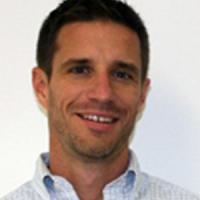
John Brogan
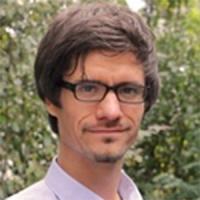
Kai Nino Streicher
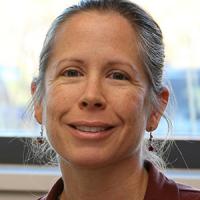
Kelly K Baker
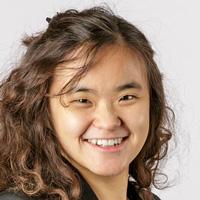
Kitty Liao
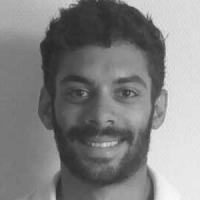
Oliver Paul
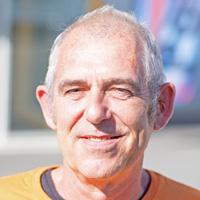
Saco Heijboer
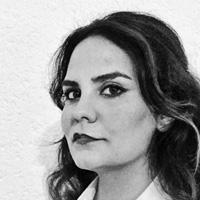
Sara Zahedinezhad
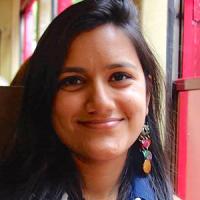
Surbhi Mundra
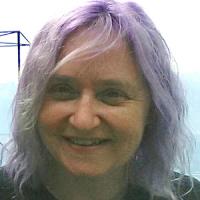
Viviane Praz
Safe Soil
Image
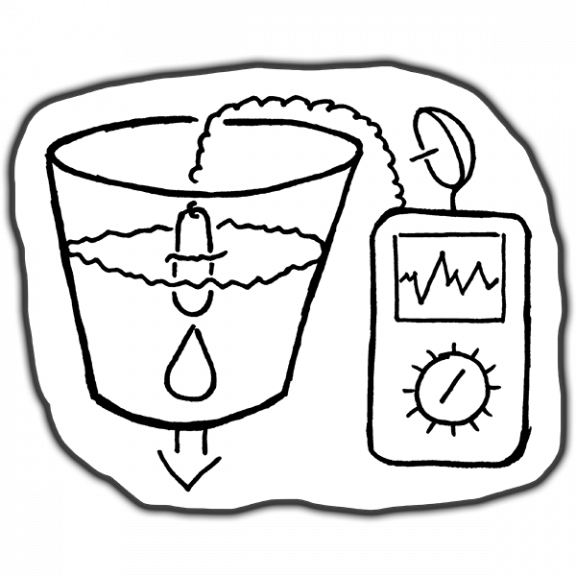
Sustainable Development Goals
Attributes
Team
pier-68